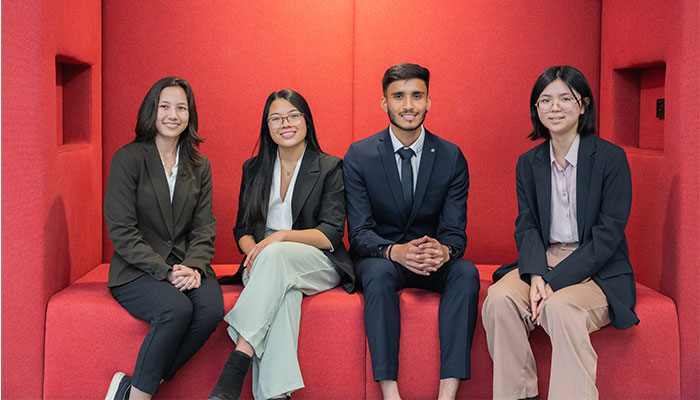Macquarie University Report Proposes Innovative Path for University Rankings
The independent report, which compared Australia’s top business schools across various measures, was conducted by economics consulting firm Mandala and commissioned by Macquarie Business School (MQBS).
Unlike traditional university rankings, Mandala curated insights from a large, longitudinal sample of publicly available online professional profile data. This allowed the tracking of actual job outcomes rather than surveyed responses, decreasing bias and negating low response-rate issues.
Professor Eric Knight, Executive Dean of Macquarie Business School, said this methodology offered important considerations that other rankings often overlooked.
“The Mandala report is an example of how a data-driven approach to rankings, focusing on actual behaviours and outcomes, offers greater accuracy and transparency than self-reported surveys,” he said.
“The upcoming Australian Universities Accord is a generational opportunity for the transformative reform of our higher education system, and we need appropriate benchmarks like these to effectively measure our success.”
The Mandala report ranked the performance of the universities in or near the Sydney basin as well as Group of Eight (Go8) universities. The dataset, provided by third-party supplier Revelio Labs, included around 215,000 graduates from 2014 to 2022.
Results show that 13 per cent of MQBS masters graduates and 12 per cent of the school’s bachelor graduates are hired by a top-tier employer within six months of graduating. Reflected as a total number, this places MQBS second for undergraduate and third for postgraduate among the country’s top business schools.
“The Mandala report illustrates that when it comes to real-world job outcomes, Macquarie University is producing outstanding business, economics and finance graduates who are in high demand with top-tier firms,” Professor Knight said.
“Traditional university rankings serve an important function, but their methodologies tend to underestimate schools like ours. By supplementing these conventional systems with robust approaches that incorporate meaningful data, we can access a more fulsome picture of the state of play.”
As well as strong employability figures, the results put MQBS ahead of the Sydney basin average in four of five student experience measures: overall experience, skills development, learner engagement and teaching quality.
MQBS also recorded a higher share of students from low-SES, non-English speaking and First Nations backgrounds, and students with a disability, than Go8 universities.
“These are important findings as our higher education industry considers how to improve equity outcomes and offer more opportunities to people with different backgrounds,” said Professor Knight.
“What MQBS is doing with a more diverse range of students is working. We can learn from this and help spread these practices across the sector and the wider community.”

